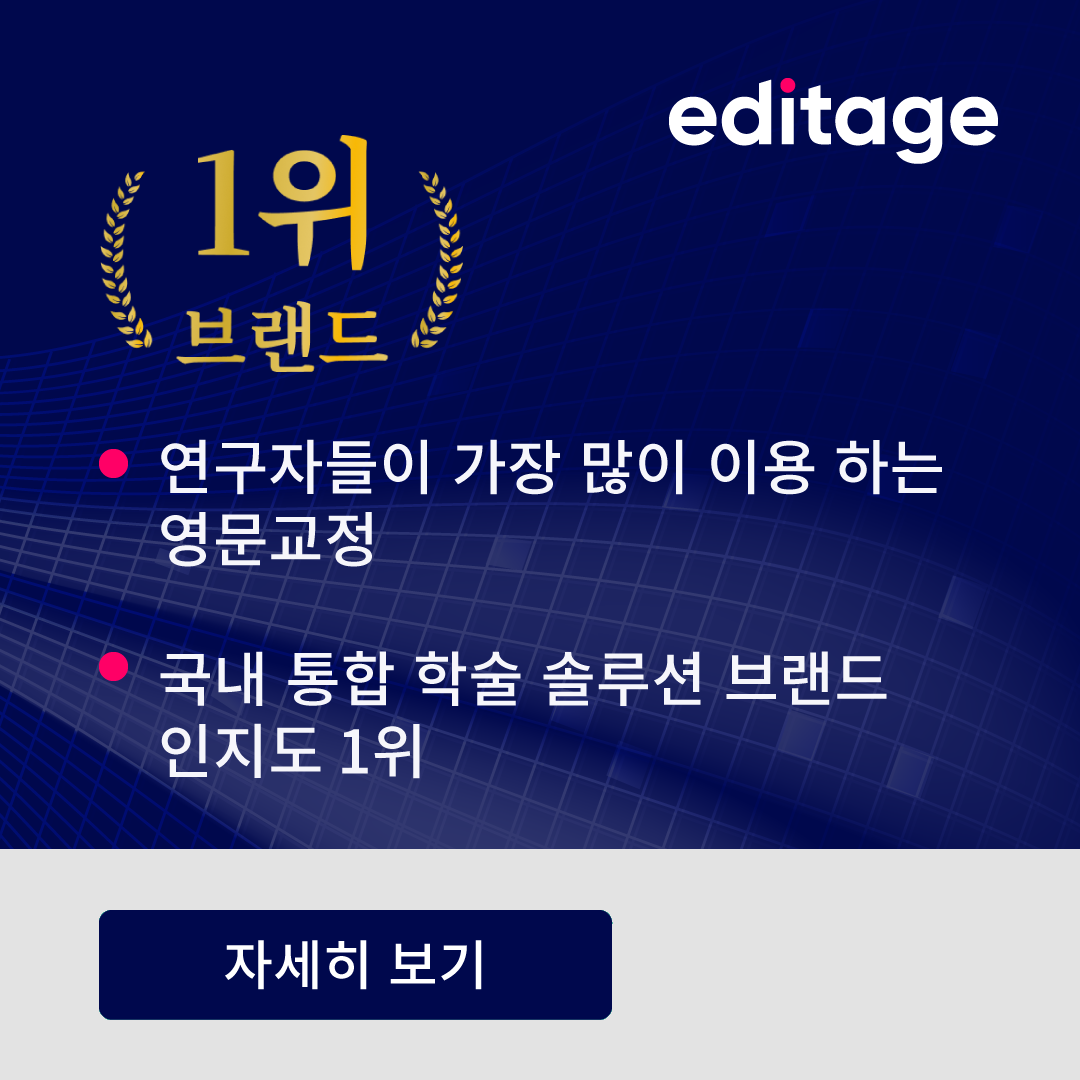There has been a tremendous increase in the number of research papers submitted to academic journals, which has significantly increased the pressure on journal editors and referees with greater demands on their most scarce resource – their time. Under the existing system, members of the scientific community volunteer to read, consider, and comment on their colleagues’ work.
Authors often submit papers at an early draft stage, when it is nowhere near publication ready, in the hope that the referee comments will help them figure out how to revise it and make it publishable. While this was previously a viable strategy, it fails to account for the changes in the world of academic publishing. To most authors, the review process is a hurdle to get through rather than a means of receiving constructive feedback. To make matters worse, authors are increasingly defensive about rejection letters and they often ignore the advice they receive from their referees. Quite a few authors promptly submit the barely revised paper to another journal in the field without realizing that journals draw referees from the same pool of academics, which makes it quite likely that referees see the same paper again. Understandably, such behavior has a detrimental effect on the motivation of these volunteers to work with authors who do not value their suggestions.
In their own best interests, authors should revise and polish their paper until they believe it to be of suitable quality for publication. Finally, on receiving a referee’s report and editor’s letter, authors should carefully consider how to improve the paper in the light of this feedback before resubmitting it for publication.
This is a synopsis of a Joint Editorial on Advice for Authors by David Hirshleifer, G. William Schwert, and Kenneth J. Singleton (Editors, Review of Financial Studies, Journal of Financial Economics, and Journal of Finance)
http://www.afajof.org/SpringboardWebApp/userfiles/afa/file/Submissions/joint-ed-8-19-2013.pdf.







